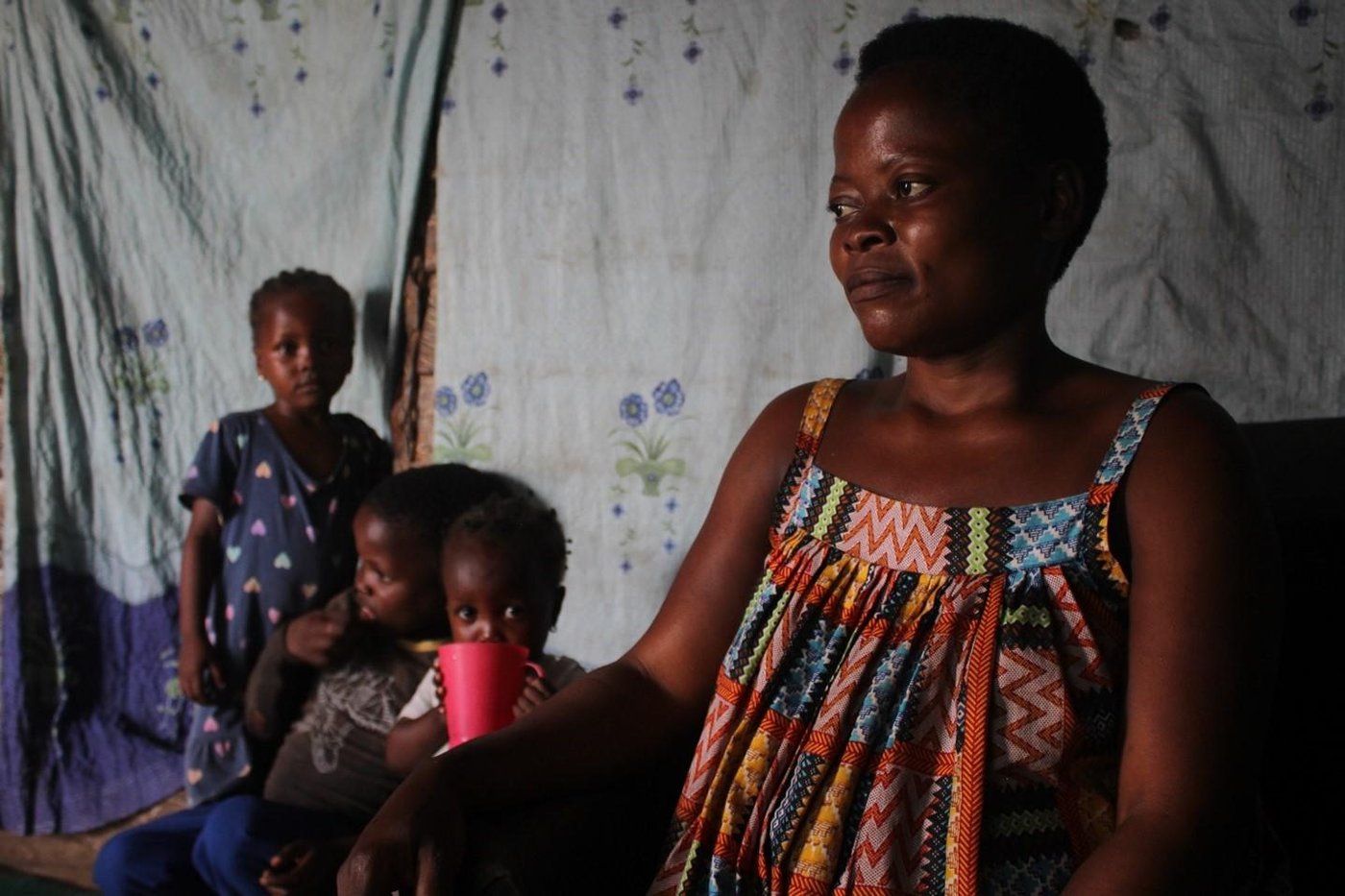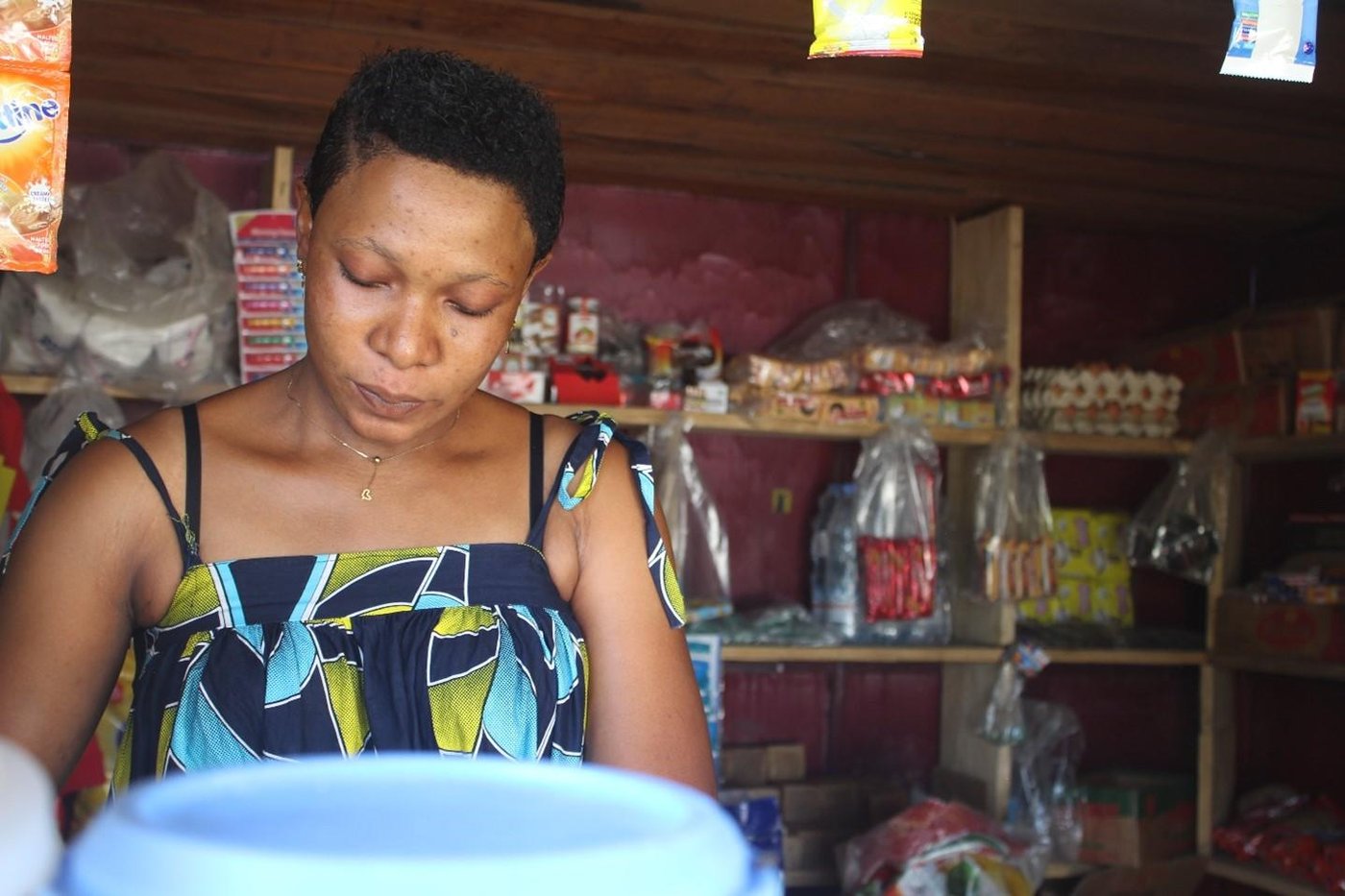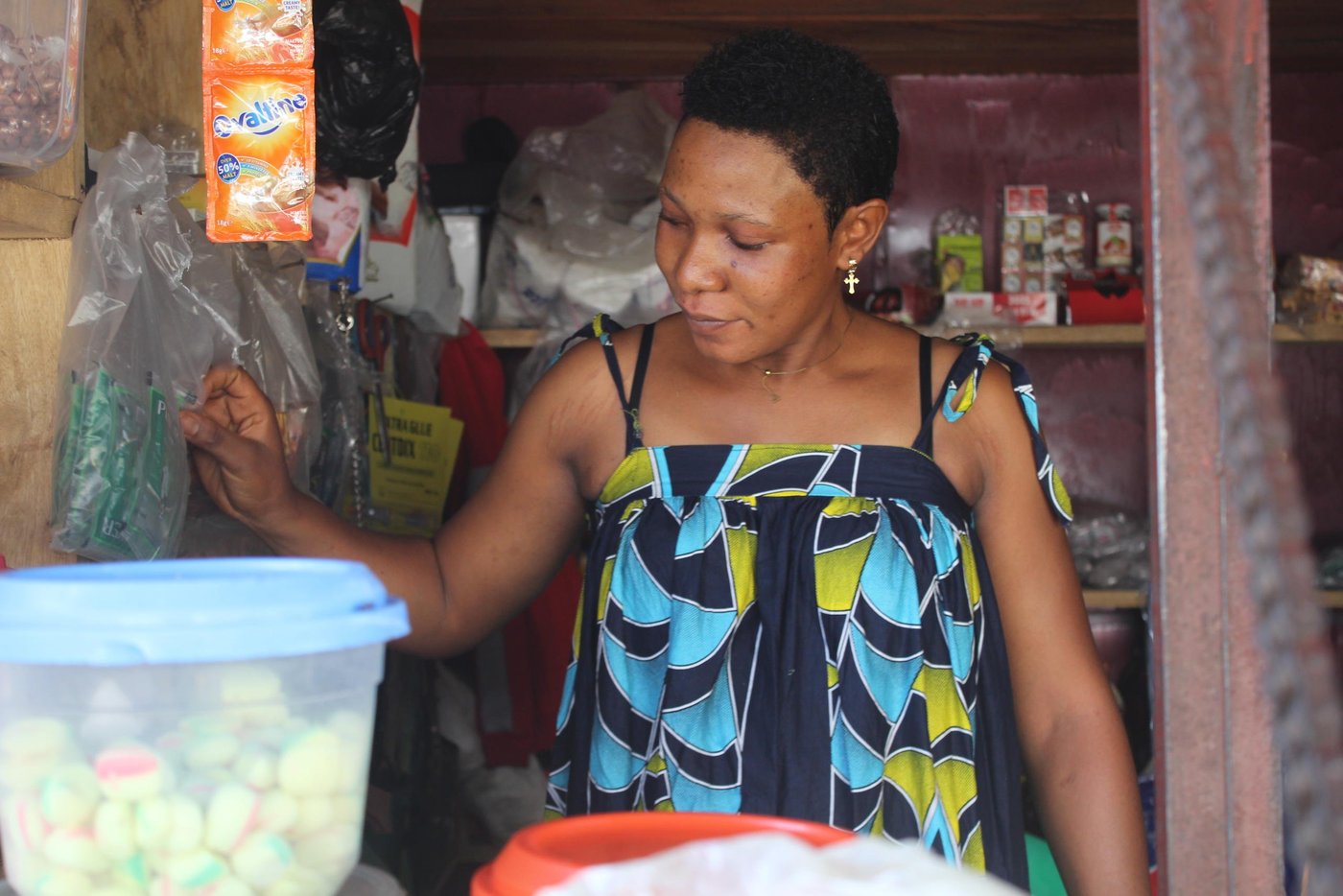Over two million people are on the move in Cameroon, either as internally displaced people (IDPs), returnees or refugees, according to the Humanitarian Needs Overview 2023. In the Northwest and Southwest regions, the socio-political crisis, now in its seventh year, has led to massive displacement. As of September 2023, the Northwest and Southwest crisis had displaced over 638,000 people within Cameroon.
Conflict and insecurity, including violence against civilians, continue to disrupt livelihood activities, trade, and markets to varying degrees across the country. In affected areas, this is resulting in less access to food and income and significantly higher food prices. In the Northwest and Southwest regions, sporadic clashes between government forces and non-state armed groups disrupt people’s ability to work and drive up the cost of production and trade due to increased financial risks.
The June 2023 Food Security Outlook for Cameroon shows that the crisis has put the resilience of affected communities at risk, and many poor households could not generate an income. For example, in Momo, Menchum and Lebialem divisions, households are experiencing acute food insecurity . By the end of 2023, families will begin to run out of stocks from their harvests, while high food prices will limit their ability to purchase enough food.

Gwendoline: constantly moving to stay safe
Gwendoline, 28, used to live in Finge village, Tubah Subdivision, in Northwest Cameroon with her husband and their first child. She sold food, and her husband worked as a trader to support their family. Even though life was not always easy, Gwendoline and her husband were living peacefully and were able to ensure the family’s livelihood. When she was pregnant with her second child, everything changed – the crisis began.
"It was more and more difficult for us even to go out to work. I was looking at myself pregnant and wondering what will happen. But I had hope that everything would work out,” Gwendoline recalls.
Unfortunately, the crisis became more and more violent, and it started to have a huge impact on her family. In 2018, her husband’s store was destroyed after he was attacked and almost left for dead. They were forced to flee to Melong in the Littoral region to find refuge. Two days later, she gave birth to her daughter, whom she called Angel in the hope that things would get better.
A few weeks later, she decided to move with her family to Tombel in the Southwest region, where they settled in a welcoming community. But then, violence began to escalate in the area, forcing the family to return to Melong until 2020. In 2021, as tensions eased in Tombel, Gwendoline returned with her family, which has grown to five with the birth of her third child.
"It was very difficult. Every single day, I was asking God to rescue me. My husband was not able to work much, he was doing a job on the farm for a man who was not paying frequently. Me, I was at home, doing nothing. We had no money and three little children to feed. This crisis destroyed my family life and my hopes. Look at my children – they don’t deserve this!" she says.

Anna: a business owner in Tombel
Anna, 26, has lived in Tombel with her husband and four children since 2021 because of the crisis. They used to live in the centre of Bamenda City, where her husband supported the family with temporary jobs. They fled to Tombel and decided to stay despite the escalation of violence.
"When we arrived here in Tombel, things were not easy. But we were lucky that my husband found a job on a farm. After some time, the violence became worse, but where could we go without money and with four children? We have no family, no friends. We only have God to keep an eye on us. I was just praying that nobody got killed," she recalls.
In 2022, Anna’s husband got injured and could no longer work, making things more difficult for the family. Anna used part of her modest savings to open a shop, selling mainly tomato and pepper. “I used 5,000 Central African CFA francs [8 USD] from the 25,000 [42 USD] we had, and I bought some merchandise,” she says. But it was not enough to support her family.
Cash support for those affected by conflict
A total of 2.6 million people needed emergency food assistance in 2022 in Cameroon, of whom 52 per cent were women . One of the ways that the Norwegian Refugee Council (NRC) assists to people affected by conflict is through multi-purpose cash assistance. People displaced within their own country and host communities receive cash assistance support to help pay for temporary accommodation, rent, and food and hygiene items. We work with partners to target those most likely to need assistance.
Anna and Gwendoline were both able to access cash assistance in 2023. The payments, which lasted three months, aimed to partially or fully cover the cost of their families’ basic needs, such as food, household items, rent, transport and water:
"I am more than grateful for what I received. God answered my prayers, and it helped me a lot. I was able to pay my rent for three months and stock up on food. I was able to buy a few bags of rice and other essentials. But I also took the opportunity to prepare for my baby’s delivery and do some hospital visits," Gwendoline says.
Coordinating efforts to support displaced people
With support from USAID’s Bureau for Humanitarian Assistance (BHA), NRC provided affected families with cash assistance to support their household needs for three months beginning in February 2022 in the Northwest and Southwest regions of the country. NRC coordinated with money transfer agents to deliver the payments — approximately USD127 per person per month — to displaced families.
"I was selling tomatoes and other small things. I received 79,000 CFA three times. The first time, my second child was very sick, so I used most of the money to treat him. After that, when I received the second round, my husband and I decided to use the money to upgrade my business. This was the best decision we ever made," Anna says.
Anna is now owner of a thriving shop in the heart of Tombel, where she supplies many of the village's residents with essential goods. Thanks to her shop and the income it generates, she can better look after her family. Although she can't control what the future holds, Anna says she will keep fighting to keep her business going.
Anna and Gwendoline were among 39,231 people who received assistance from NRC, with the support of BHA in the Northwest and Southwest regions of Cameroon between 2022 and 2023. They received digital vouchers and cash for food assistance and grants for starting a business and vocational training.
More needs to be done
Displaced people in Cameroon still face many challenges, especially in the Northwest, Southwest and neighbouring Littoral and West regions. Communities lack access to water and sanitation, exacerbated by displacement, lack of investment in basic social services by the Government of Cameroon, and the insufficient response of humanitarian actors. Because of a lack of water points, communities have to walk long distances to access safe drinking water, and they don’t have enough containers to collect and store water. Communities in these regions also lack access to toilets. A total of 1.08 million people in the four regions need humanitarian assistance.
Sign up to our newsletter to read more stories from around the world.


